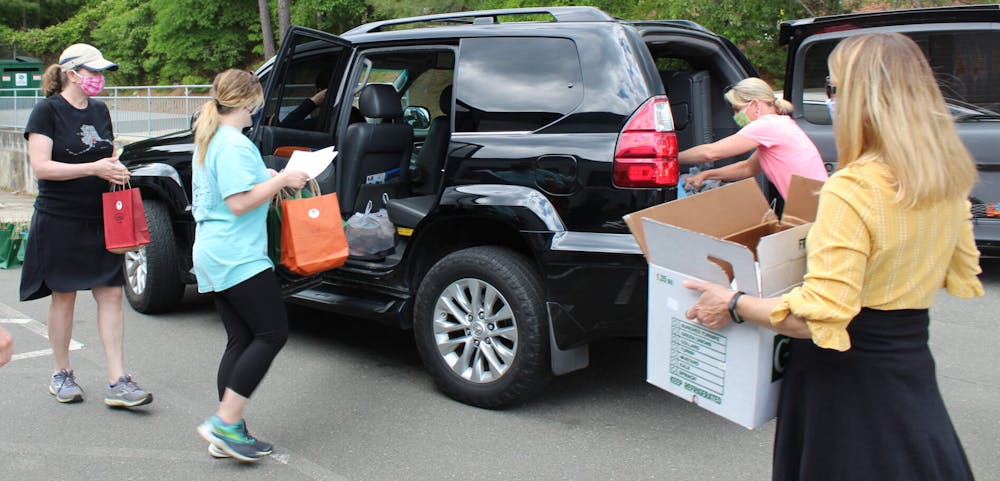Several months into the pandemic, child literacy organizations in the Triangle are still working to provide resources even as the school year starts.
Book Harvest is a Durham-based nonprofit organization that provides free books and literacy resources to families primarily in the Durham area.
Ginger Young, founder and executive director of Book Harvest, said the premature end of last school year combined with the psychological stressors of isolation and uncertainty made the pre-existing risk of summer learning loss even greater.
"Students were seeing their school year change profoundly in that moment, and we also knew it was quite likely they would not be in school as early as this fall, which meant they were looking at a runway from April through August with no conventional classroom experience," Young said.
In March, Book Harvest set a goal of donating 75,000 books to children in the Durham area by the end of August. Book Harvest announced on Sept. 1 it had surpassed its goal by donating 83,881 books in that time frame. The organization averaged 548 book donations per day.
"It absolutely astounds me how generous our community has been," Young said. "We are still emptying that book bin in front of our office multiple times a day."
Since the founding of Book Harvest in 2011, the organization has provided more than 1.3 million books to children across the state. Young said Book Harvest may have benefited this summer from people being stuck at home and cleaning off their bookshelves.
In previous years, Book Harvest distributed books through schools or informal learning sites, such as laundromats, barber shops and doctors offices. Young said now they use two new methods of book distribution: contactless pickup sites and partnerships with free food delivery programs, such as PORCH.
Young said Book Harvest was founded on the assumption that access to books is one of the simplest and most effective ways to increase child literacy and reduce the achievement gap.




